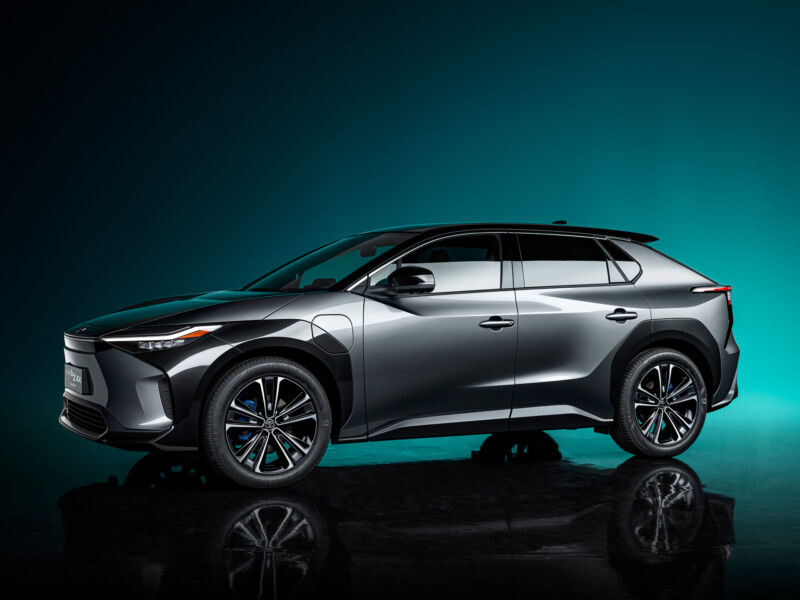With Toyota now getting deliberate with electric vehicles, it is no surprise that the Japanese company has been lining up one achievement after the other. The latest is that its new electric cars will retain 90% of their battery capacities after 10-years of use.
This remarkable durability will apply to its upcoming bZ4V and other future models. As a company known for durable and easy-to-maintain cars, Toyota’s claim deserves serious attention.
The new 90% target is an improvement over the performance of some of its existing electric models. For example, the C-HR and IZOA Toyota sell in China would retain between 75% and 80%, while the Prius, its popular plug-in hybrid, would have 60-65%.
Here is the official statement from Toyota: “We have applied the technologies that we have cultivated through the development of batteries for HEVs to PHEVs, and the batteries in the C-HR BEV have a greatly higher capacity retention rate after 10 years than the batteries hitherto used in our PHEVs. Furthermore, for the Toyota bZ4X, which will launch soon, we have set a target of 90 percent endurance performance, which is one of the highest in the world, and we are currently finalizing our development efforts to achieve it.”

The Japanese carmaker has not revealed how it will achieve this feat. However, Toyota could try working on the battery chemistry, regulating the charging and discharging temperature better, and capping its performance.
However, Toyota has worked to get a deeper understanding of how a battery functions, to predict what could go wrong. The company explains: “By analyzing the phenomena occurring inside the battery and conducting a vast amount of model experiments, we have been able to clarify the effect of driving style on the battery, as well as the mechanism of this effect.
Based on the results, we have been able to detect signs of abnormal local heating of cells through multiple monitoring of voltage, current, and temperature of individual cells, blocks of cells, and the entire battery pack.
The battery is then controlled to prevent abnormal heat generation.”
That is not all, as Toyota revealed it is spending $13.6 billion on batteries between now and 2030. $9.6 billion out of it is earmarked for production, which will bring total output to up to 200 GWh/year toward the end of the decade. Some of the batteries will be solid-state with high output, long ranges, and shorter charging times.
We previously reported Toyota plans to release 70 different electric models by 2025.